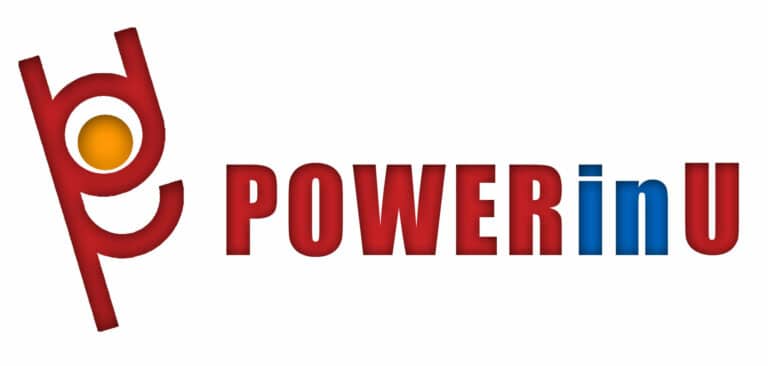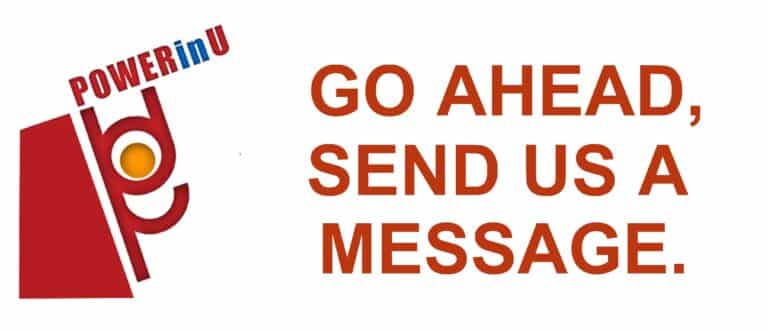Penny Bongato and Benjie Garcia conducted two half day public learning sessions through Ariva’s HRD Academy last March 17, 2016. Penny opened the morning session entitled “Recruitment and Selection Strategies: Becoming a Recruiting PowerHouse.” Through a combination of talent acquisition concepts and real life experiences, she created the awareness for how competitive today’s environment is for finding and attracting qualified candidates to fill important positions in an organization.
“Talent Acquisition is Marketing” is the new mantra as companies compete for the right talent to support the growth objectives of their respective businesses. The “new marketing battleground” is the internet or social media driven by the ever increasing time spent by today’s generation in their daily activities. Consequently, shaping internal and external perception of the company should be a priority for any employer who wishes to attract talent. Investing in effective tools, skills and processes to assess candidates is an equally important undertaking to increase accuracy in identifying the most suitable candidate(s). Using engaging slides, videos, stories and activities, Penny kept the learning session very lively as her 300 participants began to appreciate what it takes to become a recruiting powerhouse.
The afternoon session conducted by Benjie Garcia dovetails with Penny’s learning session. “New Hire to High Performer” provides an overview of employee engagement trends and principles, and how these are applied in the employee on-boarding and performance management processes. Benjie cites several studies to highlight the increasing importance of employee engagement to businesses and summarized the various factors that drive it. Recent behavioral and neuroscience findings support the need for organizations to incorporate ways by which “employees can take accountability for enhancing their own engagement” reflecting the trend from “wellness” to “well-being.”
Benjie also shared several factors for enhancing employee on-boarding as well as how these are actually translated into “best practice” in a global organization. In contrast, the search for the “ideal” performance management process continues to be an ongoing challenge as organizations in many parts of the world look for ways to address the issues that company leaders (including HR professionals) and employees complain about their respective performance management process. Given their significant impact to sustainable business performance, Benjie advocates that business leaders should start treating employee on-boarding and performance management with the same importance as other business processes.

